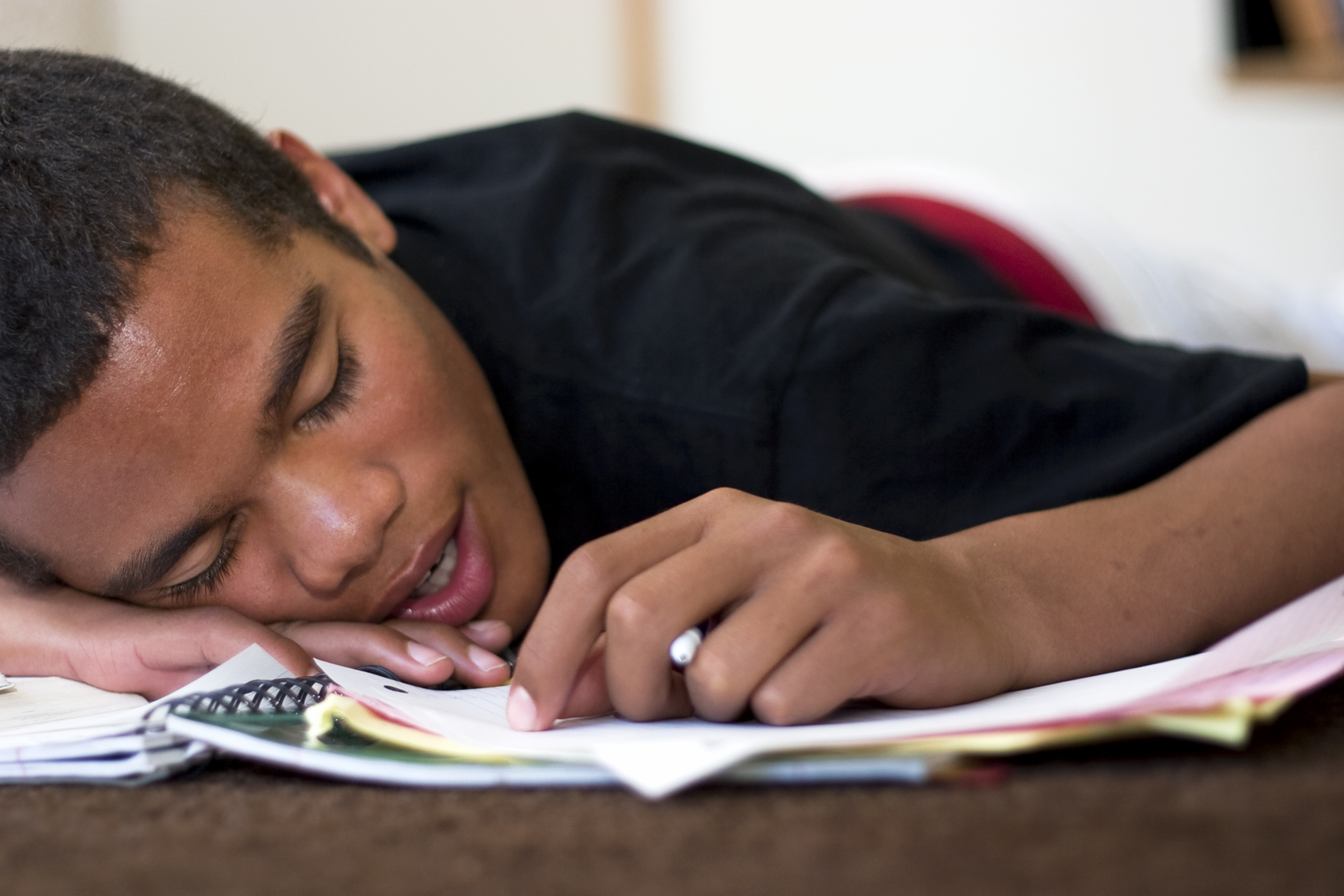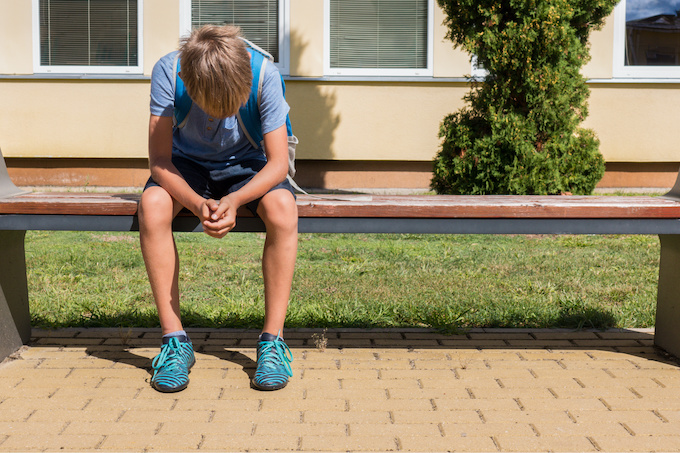Teachers, tell your students to get more sleep!

Secondary teachers, a message for all your senior secondary students…tell them to get more sleep!
Getting a great night sleep is essential for brain health and especially important when learning and studying. Researcher Chris Evans, believes the most important function of sleep is to allow your brain to consider the new things that have been learned that day. He suggests new learning is filed and consolidated in the memory system during sleep.
Teenagers usually need more sleep than adults as their brains and bodies are going through significant growth and change. It is recommended that teenagers get around 9 ¼ hours of sleep to be their best. Lack of sleep affects brain function including mood, concentration, memory and problem solving ability.
Secondary teachers of students who are skipping sleep to study, please pass on these tips:
- Make your bedroom a haven for sleeping
It is essential to make your bedroom space calming and comfortable. The brain loves neat and tidy. Sleeping in an over busy and messy room can often stimulate the brain making it harder to relax, so tidy up unfinished work and clear the floor. Another tip is to turn your digital clock around so you cannot see the time. This is for two reasons; Firstly, the light shining in your room can stop the natural sleep process and secondly, you do not want to be continually checking the time and cause you stress because you are not sleeping. Ensure your room is on the cool side rather than hot. Studies show rooms 5-10 degrees lower than the average daytime temperature helps with sleep.
- Avoid TV or screens before bed
The effects of screens on the brain, before bed is well documented. While checking your phone, or reading on a devise just before bed might seem natural enough, it is not for your brain. A stream of phonons from the screen tells your brain it is not time to go to sleep. In turn, this prevents the secretion of Melatonin, the chemical responsible for sleep timing and blood pressure regulation. Even just the small glow of the phone screen when you check the time at night can be enough to interrupt sleep patterns. The suggestion from the experts is to shut all electronic devises off at around 9pm or an hour before you go to bed.
- Be mindful about what you eat or drink before bed.
Certain food can stimulate or diminish your ability to sleep. Foods to avoid before bed include spicy foods, caffeine and high fat foods. Instead choose foods that contain tryptophan such as turkey, eggs and milk which can help promote sleep. Nutritionist, Jessica Redmond, suggests it is best to avoid eating large meals in the hours leading up to bedtime. If you have to eat right before bed, eat a small meal or pre-portioned snack.
- Start a bedtime routine
Dim the lights while you get ready for bed, or turn off bright overhead lamps and switch to a soft, bedside lamp. Your body is programmed to sleep when it’s dark. Attempt to go to bed at the same time every night. Choose a time when you normally feel tired, so that you don’t toss and turn. Try not to break this routine on weekends when it may be tempting to stay up late. If you want to change your bedtime, help your body adjust by making the change in small daily increments, such as 15 minutes earlier or later each day.
It can be tempting to burn the candle at both ends while studying however if you get adequate sleep it can maximise the learning you do while you are studying.







